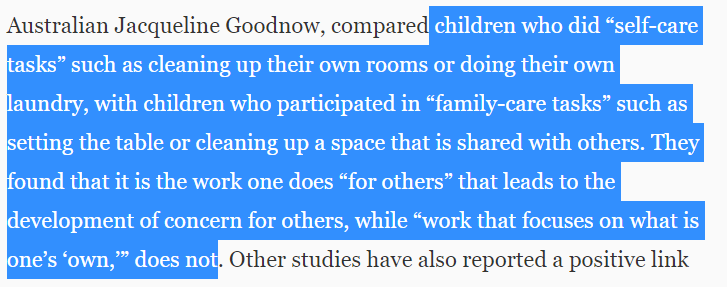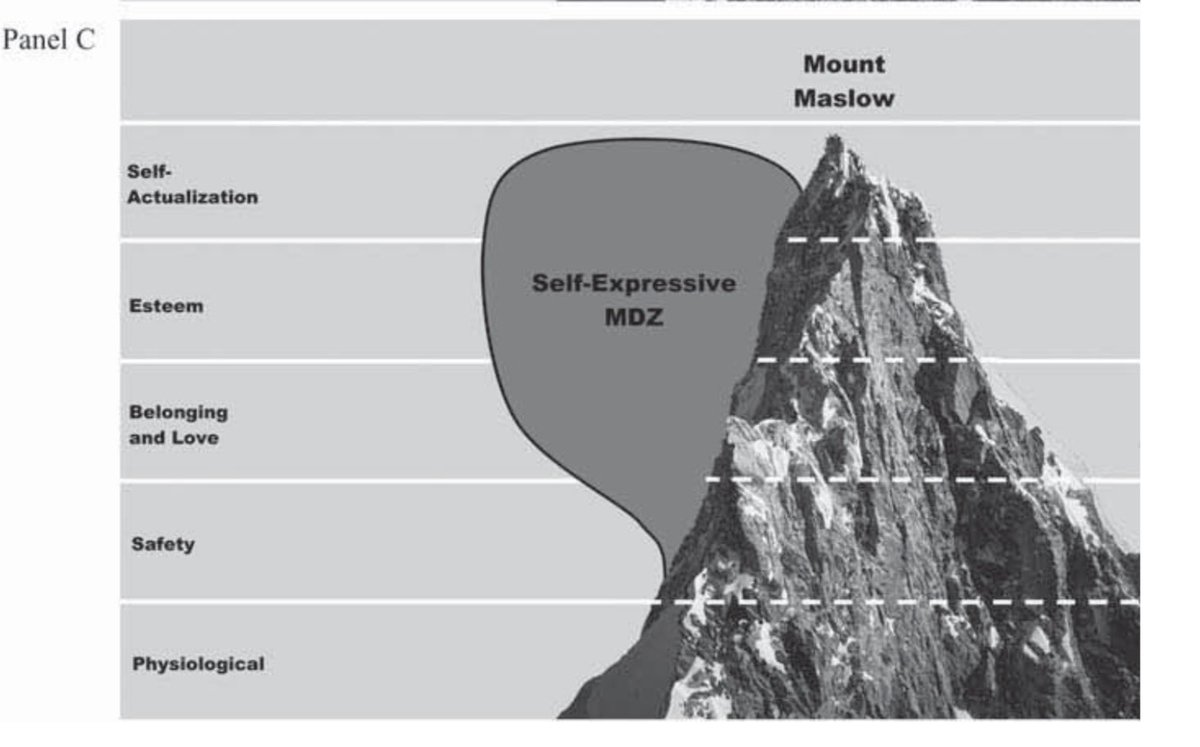
1. Housework gets a bad rap. It's bad, bad, bad. This is the explicit or implicit message in tons of media & academic coverage of family.
Paid work gets a good rap. It's good, good, good. This is the message in these venues.
But what if<bear w/ me>the work of the home is good..
Paid work gets a good rap. It's good, good, good. This is the message in these venues.
But what if<bear w/ me>the work of the home is good..
2. What if ...
Cooking
Baking
Gardening
Painting
Shoveling
Laundry
Fixing & even
Cleaning toilets
is good for us, esp. when *we do it together as a family*?
Better, perhaps, than just doing our paid work/schooling by and for ourselves?
Cooking
Baking
Gardening
Painting
Shoveling
Laundry
Fixing & even
Cleaning toilets
is good for us, esp. when *we do it together as a family*?
Better, perhaps, than just doing our paid work/schooling by and for ourselves?
3. These questions struck me in reading about the merits of *chores for kids that are done w/ and for the family*. See below, esp. fascinating comparison between Africa v US 👇🏽 



4. For all of our discussion about housework, who does what, how equal it is, how much it takes us away from thing that really matters--paid work, I'd love to see new research on links between *shared family work in the home* & kids/adults' sense of meaning & family solidarity.
5. Here is the article that got me thinking magazine.byu.edu/article/family…
• • •
Missing some Tweet in this thread? You can try to
force a refresh




